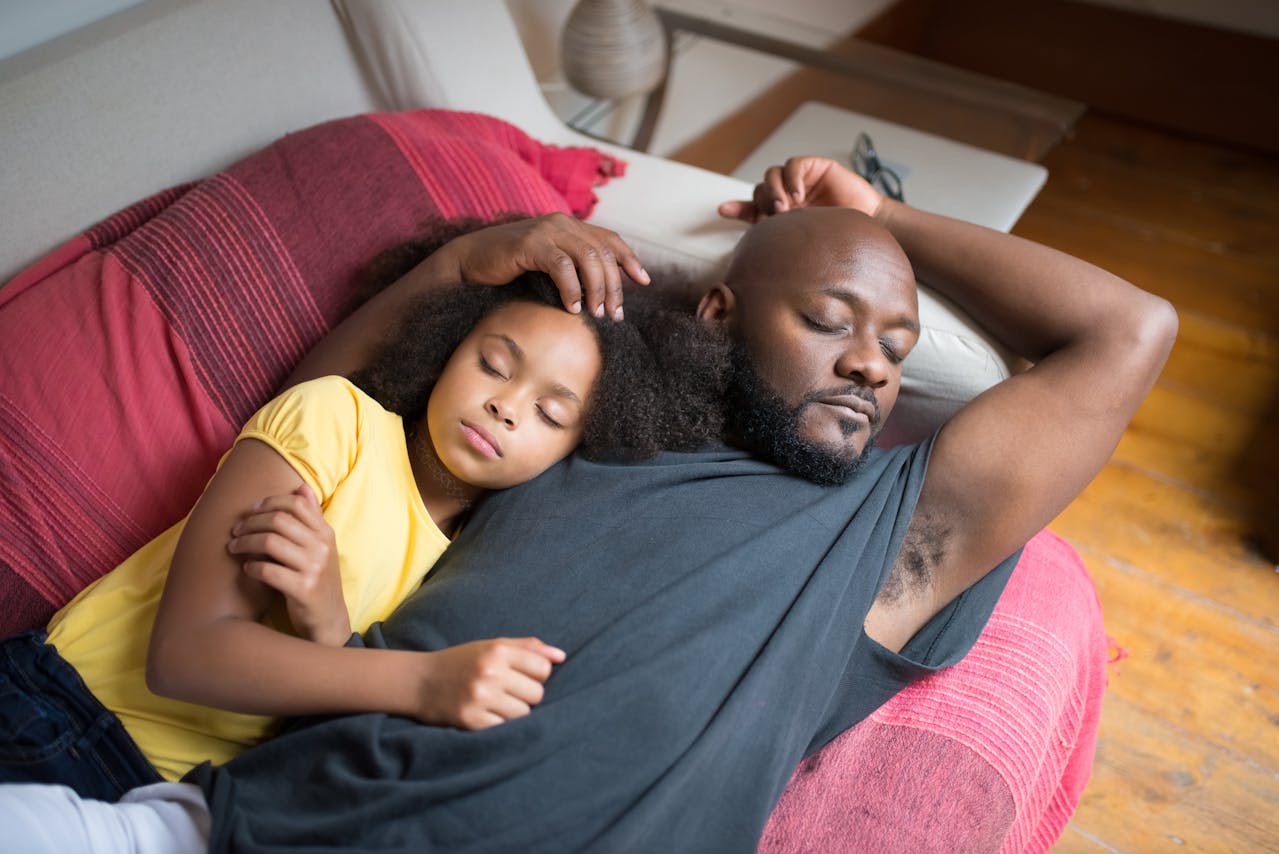For those with packed schedules, long days or a lack of routine, prioritizing sleep may feel daunting. Fortunately, focusing on your sleeping environment, habits and attitude can lead to improved sleep hygiene.
This article explains sleep hygiene and its importance and highlights seven tips for quality and restorative rest.
What Is Sleep Hygiene?
Sleep hygiene refers to the habits and routines you follow each day before you turn in for the night. The Centers for Disease Control and Prevention estimates that only about 33% of U.S. adults get the recommended amount of at least seven hours of sleep, underscoring the importance of improving sleep hygiene.
Proper sleep hygiene goes beyond your bedtime routine. It also encompasses the choices you make throughout the day, evening and night, including your exercise habits, diet, exposure to natural light and stress management. By focusing on these various aspects, you’re essentially preparing your body and mind for restful sleep long before you lie down in bed.
Why Sleep Matters
Sleep is one of the core activities the body needs to function. Experts view adequate sleep as the foundation of health and wellness; without it, your immunity, strength and overall well-being may be compromised.
In particular, quality sleep is essential for:
- Mood regulation
- Cardiovascular health
- Metabolic health
- Overall performance and well-being
High-risk conditions such as hypertension, obesity and diabetes can also be caused by poor sleep hygiene.
7 Tips for Better Sleep Hygiene
There are various tips and tricks for practicing better sleep hygiene. By incorporating the following seven strategies into your routine, you can help create a more restful and rejuvenating experience for yourself:
1. Limit caffeine in the afternoon and evening
Caffeine is a stimulant, which can make it difficult for you to fall and stay asleep. Herbal teas, such as chamomile and lavender, are a noncaffeinated beverage choice.
2. Avoid eating close to bedtime
Late-night dinners or snacking can trigger gut irritants, such as indigestion or acid reflux. Aim for your last meal to be two to four hours before bedtime.
3. Reserve your bed only for sleep
Using your bed for activities such as eating, working on a laptop or watching TV can confuse your mind and body. To help better distinguish between rest and activity time, use a dedicated space elsewhere for those activities and limit screen use in the bedroom.
4. Keep a nighttime routine
Regular bedtime habits signal your brain it’s time to wind down, so find a consistent way to spend the last 30 to 60 minutes of the day. For example, you could incorporate a skincare routine or spend some time reading a book each night.
5. Experiment with calming scents and aromas
Certain scents can trigger relaxation responses in your brain and help you fall into a deeper sleep. Try using lavender or cedarwood oil in a diffuser, or sprinkle a few drops on your pillow.
6. Enjoy a warm, soothing beverage before bed
Warm drinks can increase your body temperature slightly, leading to a natural cooling effect that promotes drowsiness. Go for caffeine-free options like chamomile tea or warm milk.
7. Dim the lights before bedtime
Bright light, including blue light from device screens, can reduce melatonin production. Try using warm-toned bulbs during the evening or even setting a reminder to start dimming lights.
When to Seek Sleep Hygiene Help
Remember, good sleep is not a luxury—it’s a necessity for your health and well-being. By implementing these sleep hygiene tips, you’re taking essential steps toward better sleep and a healthier you.
If you’ve tried improving your sleep hygiene and still struggle with getting enough quality hours of shuteye, consider talking to a health care provider. Persistent sleep issues could indicate a sleep disorder that requires professional treatment.
© 2025 Zywave, Inc. All rights reserved.
Don’t Let Child Care Keep You Up at Night
If wondering who will care for your children is causing sleepless nights, we can help! Whether you need a full- or part-time nanny, babysitting, an after-school tutor, a parent’s helper, or any other in-home child care, request a service or give us a call at (518) 348-0400 and we’ll provide a free consultation to get you the care you need.

